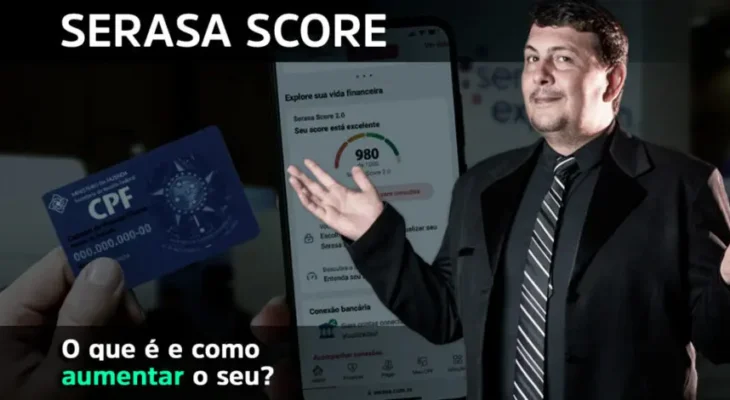Doutor Score is quickly becoming one of the most-discussed topics in the mortgage industry and lately it has come under attack by consumer groups and some members of Congress.
Some of the strongest attacks on credit scoring focus on consumers? Seeming inability to change the credit score so as to change a denial into an approval quickly enough to rescue a deal or to keep from having to pay a higher interest rate, since some mortgage loans are now priced according to the borrower’s credit score.
Since the score is based on information – positive and negative – in a consumer’s credit report. Incorrect information – especially if that information is derogatory as defined by the model – can lead to a lower-than- warranted score. But, with the system now in place, correcting and deleting negative and incorrect information can take weeks. And even after the information is corrected by the creditor in its own files. The creditor often takes weeks more to report. Via magnetic tape, the new, more-positive information to the credit repository (of which there are three: Trans Union, Experian – formerly TRW – and Equifax, which dominates here in North Carolina).
But congressional, regulatory, and consumer pressure are coming to bear on this cumbersome, paper-based “corrections” system. Recently a credit industry official told me the credit bureaus. Which are local that sell reports compiled by the three large repositories. A and which have the most direct contact with consumers. Are negotiating with the repositories to be able to help consumers make changes faster.
Under the proposal, the local bureau would check out consumer complaints directly with the creditor and. If the creditor confirms that the information is, indeed, incorrect, the bureau will be able to change the so-called “raw” credit file directly with all three of the repositories without waiting for the creditor to check out the complaint, update its files, and then send the updated information to the repository. A process that, as I noted, can take weeks – long enough to kill a deal. This is a major development. With the raw file changed, a new, possibly higher, score can quickly generated. A deal rescued, and consumer and congressional concerns can addressed.

